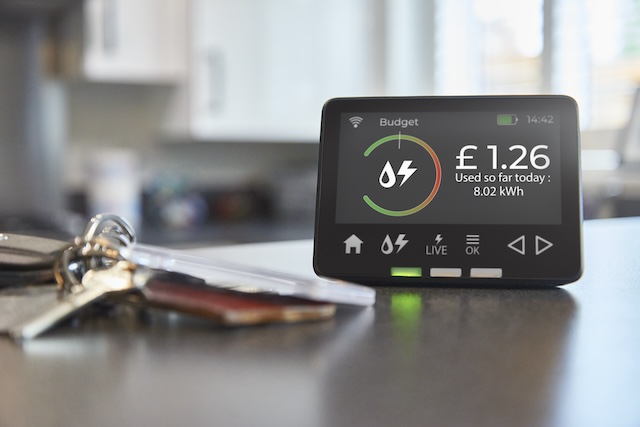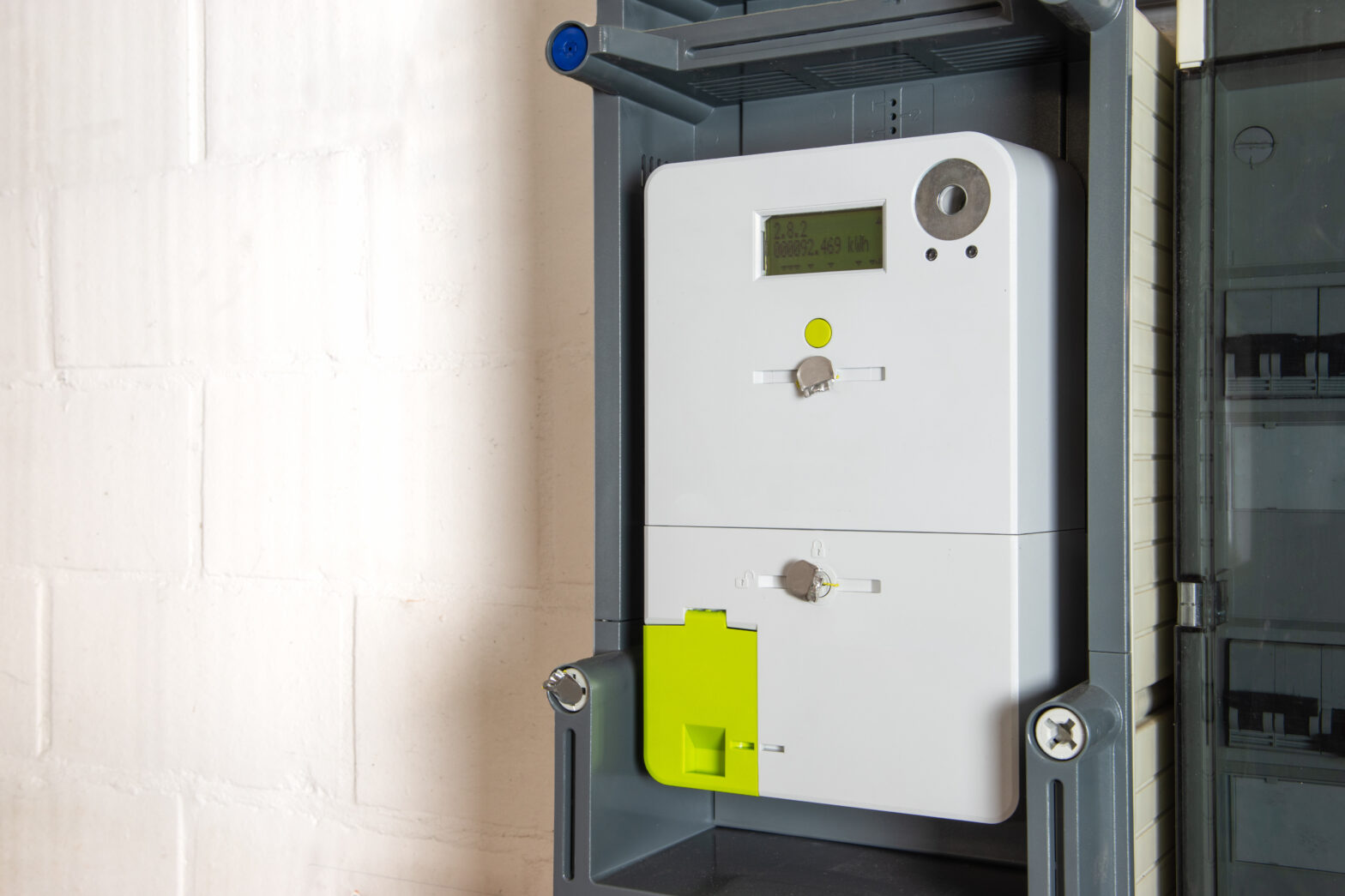This is especially true for small businesses, where resources can be limited, and maximum value must be squeezed from every pound spent.
And in these times of ongoing energy price volatility, a smart approach to budgeting is vital. According to PWC’s 2025 UK Energy Survey, 92 per cent of businesses expect to have to increase their prices in the next 12 months as a direct result of this volatility (up from 81 per cent in 2024), while 89 per cent said it had reduced their profits in the last year.
From managing your energy usage to setting goals and being responsive to changing circumstances, here are our top tips for small business budget control.
Set clear targets and delegate
Smart budget control starts with establishing clear business objectives and short-term and long-term financial goals, including revenue targets, profit margins, and growth plans. These objectives will serve as the foundation of your budgeting process and provide a clear direction for your financial planning.
If your business has department heads, or even if it just has a handful of team members covering different roles, delegating budgeting control to these individuals for specific business functions will share the administrative burden and make it easier to meet your goals and successfully manage costs.

Track and monitor your expenses
You should regularly track and monitor your expenses to ensure that you’re sticking to your budget. The best way to do this is by using accounting software, which allows you to automate expense tracking, analyse business data, and forecast projected costs and revenues.
You can generate financial reports to show trends over time, which you can then use to spot any discrepancies between your planned budget and actual spending that could impact your cash flow. That allows you to respond quickly to any changes before they become a problem.
Categorise expenses and implement consistent processes
Organise your expenses into fixed and variable categories. Fixed expenses, such as rent and salaries, stay relatively constant over time, while variable expenses, like advertising and raw materials, can change based on business activities. By categorising your expenses, you’ll have a clearer understanding of where and why you’re spending money and you can identify areas for potential savings.
Monitor and control your energy usage
You can take steps to actively monitor and control your business energy usage, and with a smart meter, it’s easier than ever. Over 25% of small business owners reported sacrificing their free time due to work, and smart meters are a great way to take something off your to-do list.
Smart meters allow you to track your energy usage and costs over time, so you can see how much energy you’ve used and when.
You can then identify where you might be wasting energy and make improvements to be more efficient. This could be as simple as turning off lights and appliances when they’re not in use or investing in energy-efficient equipment.
The PWC survey found that 83 per cent of respondents expect energy consumption to increase in 2025, driven by business growth and adoption of tech like artificial intelligence (AI), with 55 per cent planning to use cash flow to fund their energy initiatives. If your strategy is to invest in energy-intensive technology like AI, installing a smart meter could help you see the cost of doing so in real time, which could inspire you to cut down on energy usage elsewhere.
Over 38 million smart meters have been fitted so far across the UK, but if you still don’t have one, you can contact your supplier and request an installation by searching your energy supplier below:
Switch suppliers
Whether it’s your energy, software, or broadband, switching to a supplier that offers your business a better deal is one example of a proactive budgeting control measure you can make.
You should regularly review the market and compare quotes to see if you can find a more cost-effective supplier or simply a better tariff with the same supplier. As long as you’re not bound by any contractual terms that would prevent you from doing so, in the case of energy and broadband, the switch can often be arranged for you by your old and new providers, meaning less work for you, and more time to spend on growing your business.
Review and revise your budget
Circumstances won’t stay the same and neither should your budget. Whether global events drive up the cost of raw materials or growth plans need to be rejigged, as the needs of your business and market conditions change over time, review your budget, and adjust as needed to account for those changes.
For example, if your expenses are consistently exceeding your budget in one particular area, identify the cause and take action to reduce costs. Or if you find yourself consistently under budget, re-evaluate your goals and consider investing in new opportunities for growth.
Part of creating a budget is also understanding how to utilise your time in the most efficient way. In 2024, small business owners reported spending 36% of evenings and weekends on admin. Having your energy automatically tracked and sent to your supplier using a smart meter helps to cuts down on admin, as well as monthly costs.

Reduce unnecessary costs
Even with advanced accounting software, it’s not always easy to see exactly how expenditure translates into meaningful value for your business, but waste doesn’t just come in the form of energy usage.
If you suspect something is an unnecessary cost, conduct a cost-benefit analysis to check whether the former outweighs the latter.
For example, if you have a software subscription to a platform that you don’t use or that isn’t helping your team’s productivity, cancel it. If you’re spending money on a Facebook advertising campaign that’s getting very little engagement, ditch it and explore more worthwhile marketing channels. If you offer a product line or service that isn’t selling, it might be time to withdraw it and rethink your strategy.
Having a smart meter can help you identify any unnecessary costs as your energy supplier will provide you with access to free and regular information on your energy use. This could be via an app provided by your supplier, an online platform or other data tools. You’ll be able to see energy use patterns, identify trends and take meaningful efforts to reduce usage. Even something as simple as flicking a light switch could save you a lot in the long run.
Final thoughts
The task of controlling your business budget will never end. But by applying the strategies outlined above, it can be a rewarding exercise for you and your team, helping you to ease your administrative burden, take charge of your finances, and freeing up time and resources that can be directed towards growing your business.
And remember, you’re not alone. Delegate expense management to responsible colleagues, communicate budget control measures effectively to your team and invest in technology that drives real value for your business.
This article is part of a paid-for information campaign for Smart Energy GB. Find out more about smart meters for business on the Smart Energy GB website.
Sources: Research was carried out by OnePoll for Smart Energy GB between 14th-19th February 2024 and surveyed 500 GB small business owners who have set up their own business.
PWC UK Energy Survey 2025 surveyed executives involved in energy decision-making at 800 organisations.
Eligibility may vary. Consumer action required.




